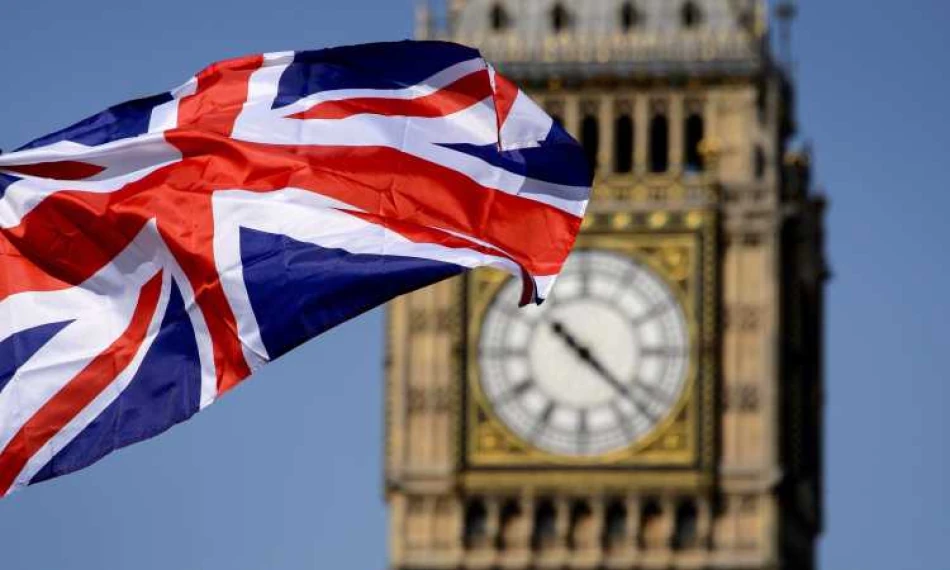
Britain to Recognize Palestinian Statehood if Israel Fails to End Conflict
Britain Sets September Deadline for Palestinian State Recognition
The UK has issued Israel an ultimatum: take substantial steps to end the Gaza crisis and commit to lasting peace, or face British recognition of Palestinian statehood at the UN General Assembly in September. Prime Minister Keir Starmer's office announced the conditional timeline Tuesday, marking Britain's most assertive diplomatic intervention in the Israel-Palestine conflict in decades.
A Strategic Gambit to Force Action
Starmer's statement represents a calculated pressure campaign designed to break the current deadlock. The Prime Minister's office declared that Britain is "determined to protect the two-state solution" and will recognize Palestine if Israel fails to meet specific benchmarks by September's UN gathering.
The British demands are comprehensive: Israel must allow the UN to resume humanitarian support in Gaza without delay, agree to a ceasefire, and pledge against annexing Palestinian territories in the West Bank. Simultaneously, Britain expects Hamas to accept exclusion from Gaza's governance and commit to disarmament.
Beyond Symbolic Gestures
Unlike previous diplomatic statements, Britain's approach includes concrete preparation for post-conflict governance. The UK is developing a peace plan in coordination with key allies that would establish security arrangements and ensure aid delivery. This suggests London views the September deadline not as a bluff, but as part of a broader strategy to reshape Middle East diplomacy.
International Context and Precedent
Britain's move comes as European frustration with the Gaza conflict reaches a tipping point. Several EU nations have already recognized Palestinian statehood in recent months, creating momentum for broader international action. The timing aligns with the Saudi-sponsored "Two-State Solution" conference at the UN, where British Foreign Secretary David Lammy reiterated the September timeline.
This diplomatic coordination suggests a multilateral effort to present Israel with unified international pressure, rather than isolated criticism. The involvement of Saudi Arabia—a key regional power seeking normalized relations with Israel—adds significant weight to the initiative.
Market and Geopolitical Implications
For investors and regional stakeholders, Britain's ultimatum introduces new variables into Middle East calculations. Energy markets, already sensitive to regional instability, may face additional volatility as the September deadline approaches. Defense contractors and reconstruction firms are likely monitoring developments closely, anticipating either escalation or large-scale rebuilding efforts.
The announcement also signals a potential shift in Western diplomatic strategy toward Israel. If Britain follows through, it could encourage other allies to adopt similar positions, fundamentally altering Israel's international standing and negotiating position.
The Stakes for All Parties
Britain's statement that Palestinian statehood is an "inalienable right, not a gift from anyone" reflects growing international impatience with the status quo. For Israel, the September deadline creates pressure to demonstrate meaningful progress toward peace while managing domestic political constraints. For Palestinian leadership, it offers potential international legitimacy but requires accepting Hamas's exclusion from governance.
The success of Britain's gambit will largely depend on whether other major powers—particularly the United States—support or undermine the September timeline. Without broader international coordination, unilateral recognition risks becoming another symbolic gesture rather than a catalyst for genuine peace negotiations.
Most Viewed News

 Sara Khaled
Sara Khaled






